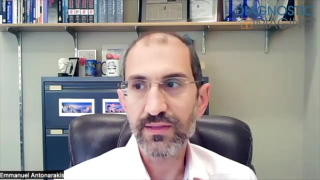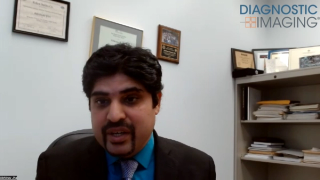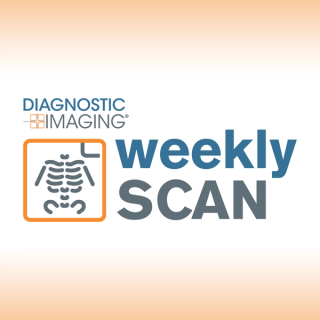
Molecular Imaging
Latest News
Latest Videos

CME Content
More News
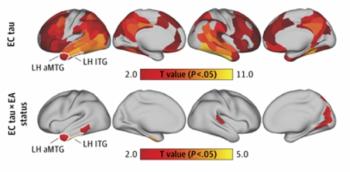
For patients with amyloid β (Aβ)-positive findings on positron emission tomography, higher educational attainment was associated with accelerated accumulation and spread of tau, according to new research.

Catch up on the top radiology content of the past week.

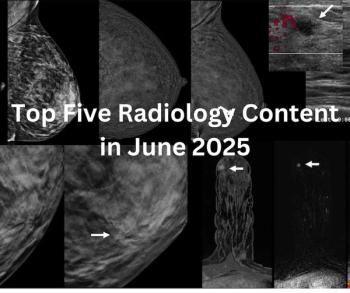
Catch up on the most-well viewed radiology content in June 2025.
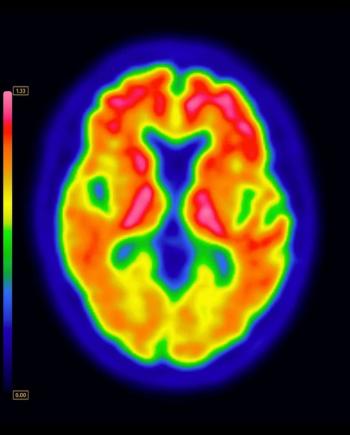
Expanded indications for the flutemetamol F18 injection include amyloid quantification and monitoring of anti-amyloid treatments.

The additional indication for the preparation kit of gallium Ga-68 gozetotide may facilitate earlier use of PSMA-targeted treatment for men with prostate cancer.

Catch up on the top radiology content of the past week.
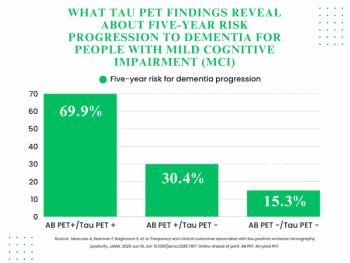
For people with mild cognitive impairment (MCI), new research suggests that a combination of amyloid-positive and tau-positive PET findings is linked to a nearly 70 percent risk of progressing to dementia in five years in comparison to an approximate 30 percent risk for those with amyloid β positive and tau-negative PET.

Catch up on the top radiology content of the past week.
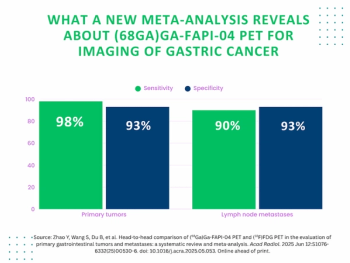
For patients with gastric cancer, (68Ga)Ga-FAPI-04 PET offered double the sensitivity for lymph node metastases in comparison to (18F)FDG PET.

Currently being evaluated in a phase 2b clinical trial, the 18F-RAD101 PET imaging agent garnered the FDA’s fast track designation for distinguishing between recurrent disease and treatment impact for brain metastases derived from solid tumors.

Offering an extended shelf life, the FDA-approved Gozellix, a preparation kit for gallium-68 (68Ga) gozetotide injection, is indicated for use in PSMA PET imaging of prostate cancer patients with suspected recurrence or metastasis.

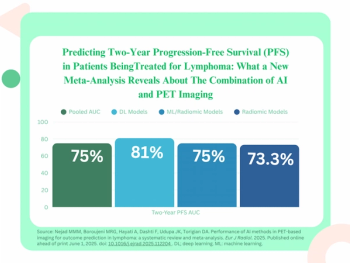
The use of adjunctive AI software with pre-treatment PET imaging demonstrated over a fourfold higher likelihood of predicting progression-free survival (PFS) in patients being treated for lymphoma, according to a new meta-analysis.

Catch up on the top radiology content of the past week.
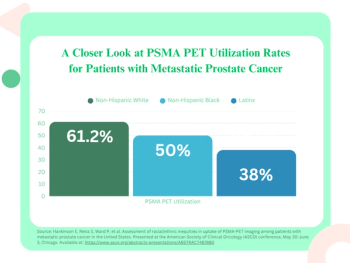
Latinx patients with metastatic prostate cancer were 63 percent less likely than non-Hispanic White patients to have PSMA PET scans, according to a study of 550 patients presented at the American Society of Clinical Oncology (ASCO) conference.

Catch up on the top radiology content of the past week.
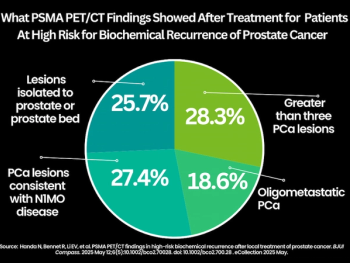
For patients at high-risk for biochemical recurrence of prostate cancer, PSMA PET/CT findings revealed that 77 percent had one or more prostate lesions after undergoing local radiation therapy or radical prostatectomy, according to a recent study.

Catch up on the top radiology content of the past week.
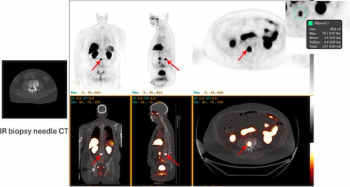
For patients with recurrent or metastatic prostate cancer, new research findings showed no significant difference in the sensitivity of 18F-piflufolastat PET/CT between patients on concurrent hormone therapy and those without hormone therapy.
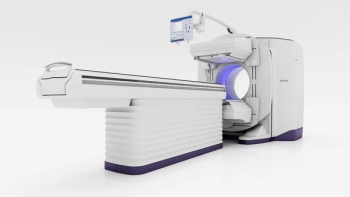
The combination of the Aurora SPECT/CT system with AI-enabled Clarify DL image reconstruction reportedly offers the potential of enhanced image quality and streamlined workflows in nuclear medicine.
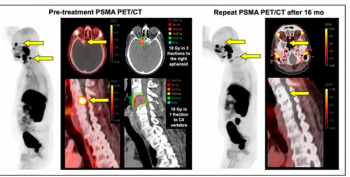
While PSMA PET/CT revealed an 87 percent local remission rate after metastasis-directed radiotherapy for oligometastatic prostate cancer in a new study, researchers also found that 80 percent of patients had biochemical progression at a median 32-month follow-up.
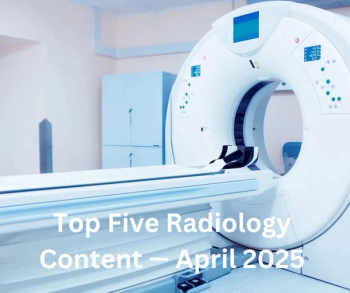
Catch up on the most-well viewed radiology content in April 2025.
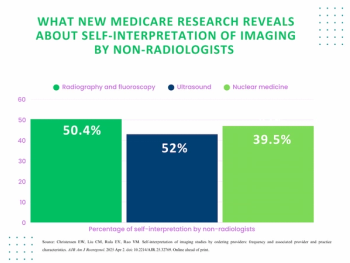
In a review of over 1,630,000 office-based non-breast imaging Medicare fee-for-service (FFS) claims from 2022, researchers found that 39.5 percent of nuclear medicine imaging were interpreted by ordering clinicians.

Catch up on the top radiology content of the past week.





